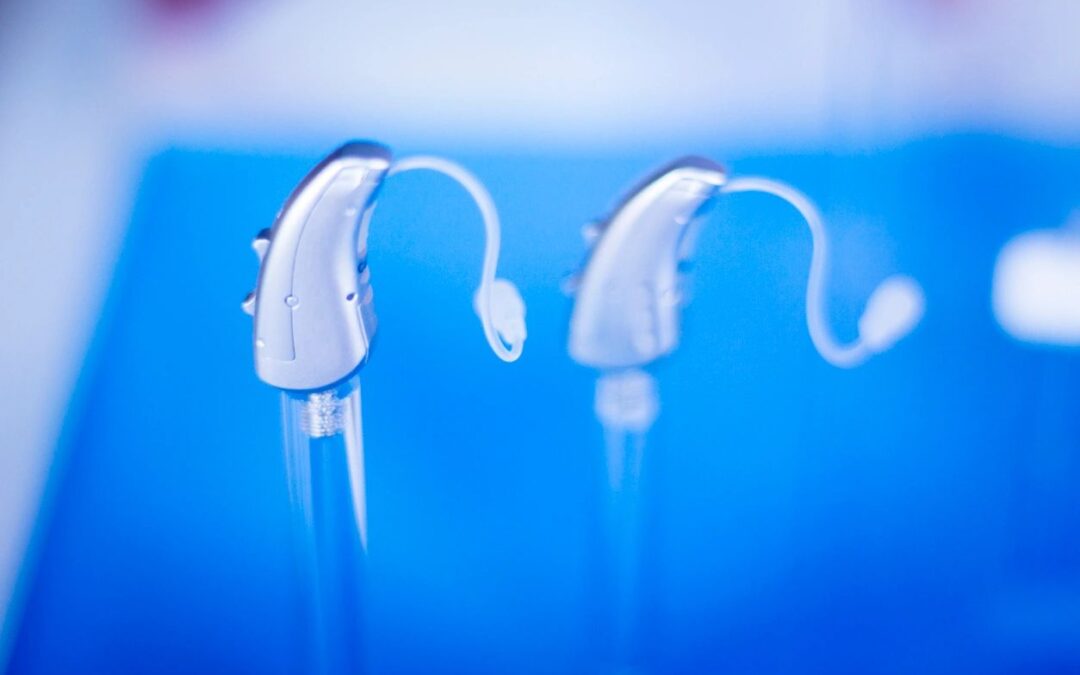
by David Cochran | Feb 19, 2020 | 325(d) issues, Trial Institution
By Dave Cochran – 35 U.S.C. § 325(d) gives the PTAB discretion to deny a petition for inter partes review when the same or substantially the same prior art or arguments were previously before the Office – including during original examination, reexamination, or...

by John Evans, Ph.D. | Aug 21, 2019 | 325(d) issues, Prior Art Issues
By John Evans and Dave Cochran The most persuasive IPR petitions offer fresh unpatentability theories never considered before. But petitions that simply repackage old issues often don’t gain traction. So, when you’re citing prior art that was before the Examiner...

by Gasper LaRosa | May 13, 2019 | 325(d) issues, Trial Institution
By Gasper LaRosa When exercising its broad discretion on whether to institute review, the PTAB is not limited to consideration of factors associated with the type of denial it ultimately issues. In a recent decision that the PTAB designated as precedential, the PTAB...

by Matthew Johnson | Dec 3, 2018 | 325(d) issues
By Mike Lavine and Matt Johnson On November 19, 2018, the Supreme Court of the United States (SCOTUS) rejected a petition to review the PTAB’s refusal to deny IPR institution under § 325(d), in a case where the challenged patent had survived several previous validity...

by David Maiorana | Nov 16, 2018 | 325(d) issues, CBMs
By Kait Crowder and Dave Maiorana Under 35 U.S.C. § 325(d), the PTAB has discretion regarding whether to institute a covered business method review if the arguments presented in the petition are the same, or substantially the same, as those previously considered by...

by Matthew Johnson | Jul 25, 2018 | 325(d) issues
By: Matt Johnson The PTAB’s decision on whether or not to institute trial in a particular matter is discretionary. See Harmonic Inc. v. Avid Tech, Inc., 815 F.3d 1356, 1367 (Fed. Cir. 2016) (“the PTO is permitted, but never compelled, to institute an IPR...







